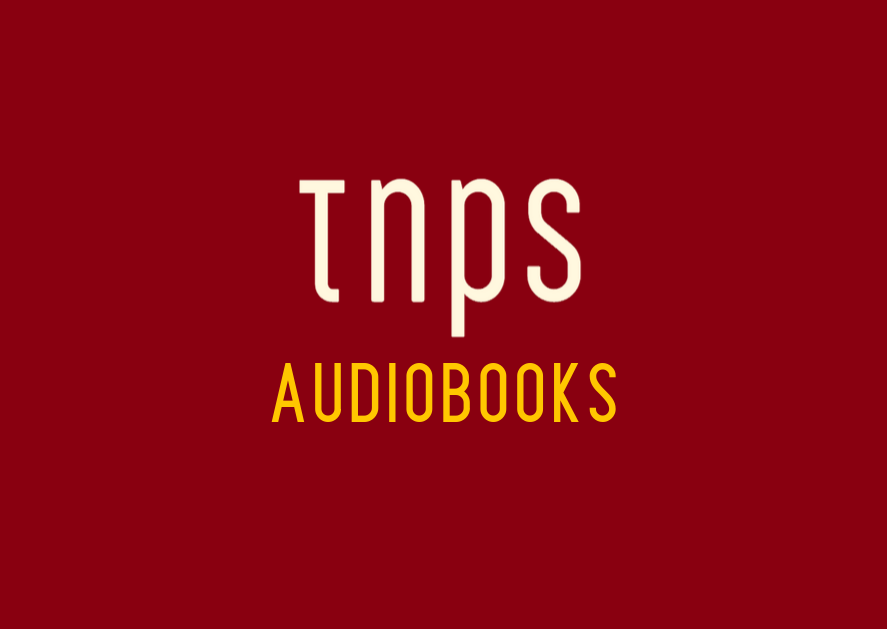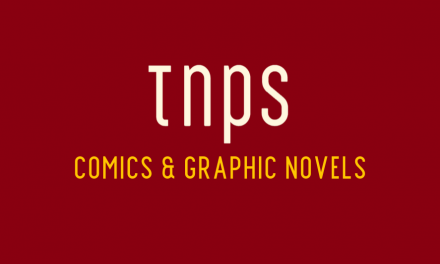The Dutch experience, and the emerging picture from Spotify, shows very clearly there is room for all models, and that publishers and authors that eschew one or the other are simply missing out.
I’m hugely optimistic May will see TNPS return to its “normal” haphazard schedule (from this weekend), after unprecedented disruption that has seen some major industry developments pass by without a TNPS mention.
But in a step away from my usual acerbic commentary just this once, as I gear up, I’m going to let Huub van de Pol 💻 📚 🎧‘s commentary say what I have often postulated about subscription and à la carte, but which Huub offers direct and personal evidence from his home country.
So this from one of Huub’s recent LinkedIn posts:
“‘All you can eat’ subscription platforms and public libraries are very popular in The Netherlands for ebooks and audiobooks. With KoboPlus, Storytel, Nextory, Bookbeat, Podimo, Spotify (via Zebralution) and the local players Cliffer and Fluister, the Netherlands might even have the largest number of digital book subscription platforms available in Europe (and perhaps in the world).
“Many people love their ‘unlimited’ catalogues and fixed monthy fees. But they are not for everyone. There’s still a need for an à la carte audiobook webshop, for consumers that don’t like a monthly payment for services they hardly use; for consumers who only buy a couple of audiobooks per year; for consumers who like to buy instead of rent; for consumers who like to listen to a story they’ve bought a while ago without paying an extra month.”
The original post goes on to mention Luisterrijk Webwinkels BV, which “almost 18 years ago” created Holland’s first online audiobook store, back in pre-smartphone pre-history.
TNPS is not a promotional vehicle for any given business, but the main point in the OP is an important one: “Today, Luisterrijk Webwinkels BV is still going strong! As one of the founders I’m proud to say that the customer base and the revenue are still growing every year.“
I need to catch up on the latest from Spotify and its impact on the English-language audiobook markets, and I may have missed some important stories during my beyond frustrating online downtime last month, but glancing over headlines it would appear Spotify’s plunge into the audiobook markets has proven to be a rising tide that has raised all boats.
The Dutch experience, per Huub’s take above, and the emerging picture from Spotify, shows very clearly there is room for all models, and that publishers and authors that eschew one or the other are simply missing out.
This post first appeared in the TNPS LinkedIn Pulse newsletter.




